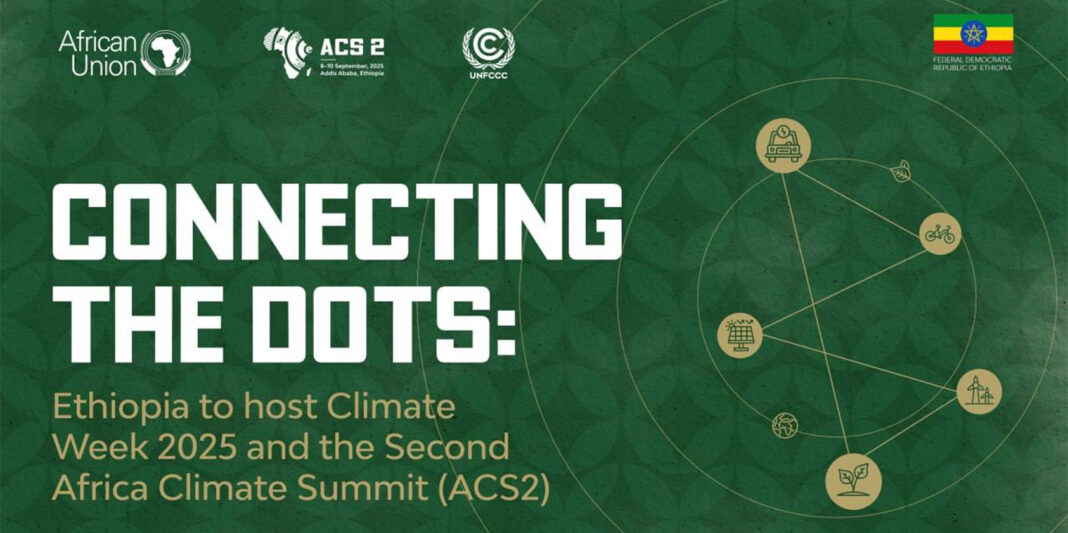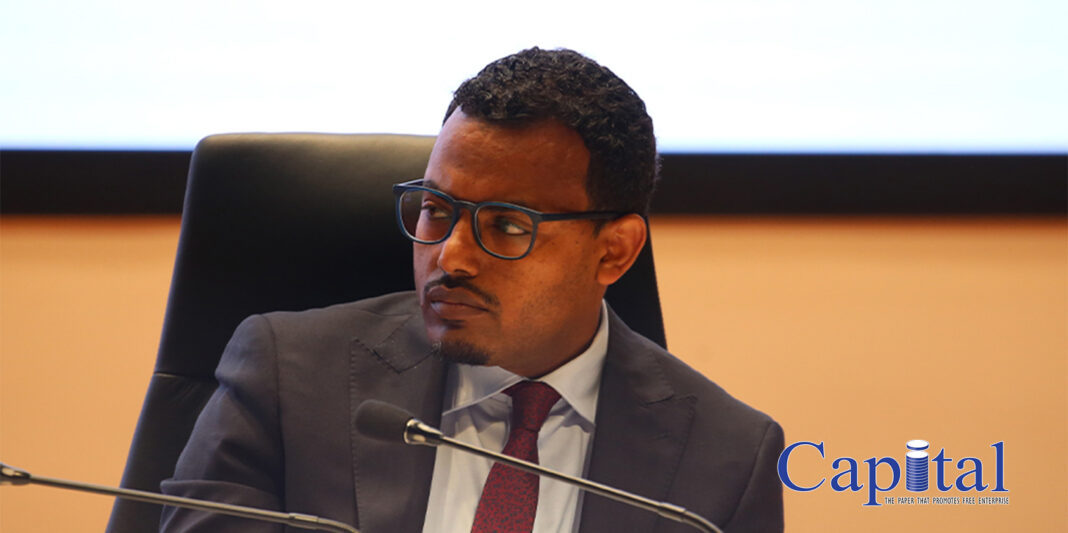In a significant bid that could determine Africa’s role in global climate leadership, Ethiopia has formally launched its campaign to host the 2027 United Nations climate change summit (COP32) in its capital city, Addis Ababa. This places the country in direct competition with Nigeria, which has proposed Lagos as the venue for the prestigious event.
The COP—Conference of the Parties—is the foremost global forum where nearly 200 nations convene annually for two weeks of intensive negotiations aimed at combating climate change. Hosting the summit grants the selected nation a crucial platform to influence agenda-setting and elevate its climate initiatives on the world stage.
President Taye Atske Selassie emphasized the country’s readiness at a recent UN event in Addis Ababa, stating, “We have the capacity, the facilities, the location, and the connectivity to host the much-anticipated climate summit.”
The decision on the COP32 host city lies with the unanimous consent of the 54-member UN Africa regional group, as the presidency of such summits traditionally rotates among global regions. Beyond the opportunity to shape international climate policy, hosting also introduces scrutiny of the host country’s environmental record and domestic industries.
Ethiopia points to its strong environmental credentials in its pitch. The nation became the first to ban imports of non-electric vehicles as part of an ambitious target to reach net-zero emissions by 2050. According to the International Energy Agency, Ethiopia has powered all of its electricity generation from renewable sources since 2022, despite still relying significantly on biofuels and waste in its overall energy consumption.
The selection of host cities typically occurs more than a year before the event to accommodate the logistics for hosting tens of thousands of delegates. Brazil is scheduled to host COP30 in Belém in November 2025, while Australia and Turkey are both vying to stage COP31 in 2026.
Meanwhile, Ethiopia continues to advance climate action on the continent through the ongoing second Africa Climate Summit (ACS2) held in Addis Ababa. In a related development, the COP30 Presidency, in partnership with the International Energy Agency and the African Union, announced that the second “High-Level Dialogue on Energy Transition” will convene on September 8, 2025. This session, taking place alongside ACS2, will help shape energy agendas for the upcoming COP30 in Brazil.
Key figures expected to address the dialogue include IEA Deputy Executive Director Mary Burce Warlick, COP30 President-Designate André Corrêa do Lago, and African Union Commissioner for Infrastructure and Energy Lerato Mataboge. Discussions will focus on pressing topics such as energy access and clean cooking, critical concerns for Africa’s sustainable development.







